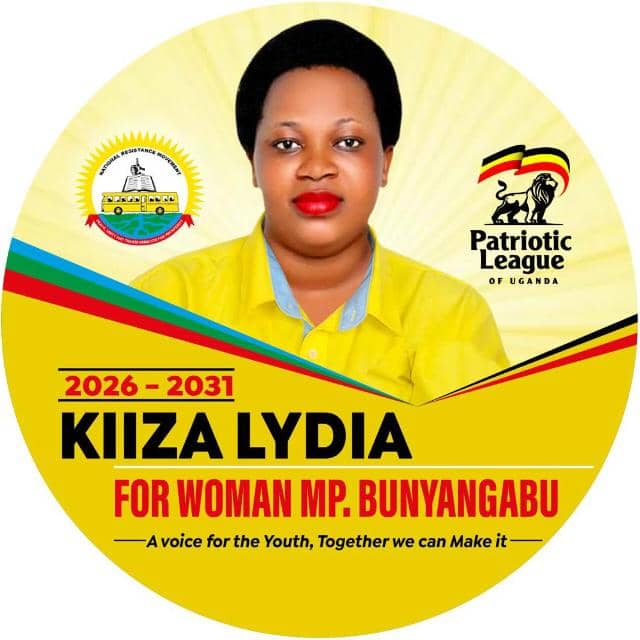By Spy Uganda Correspondent
Somalia has suspended diplomatic ties with Ethiopia after Addis Ababa signed an agreement with the secessionist Somaliland region in Somalia to have access to the Red Sea.

Somalia has thus vowed on Tuesday to defend its territory by “any legal means” and recalled its ambassador to Ethiopia after Addis Ababa struck the controversial deal with the breakaway region of Somaliland.
The deal signed on Monday by Ethiopian Prime Minister Abiy Ahmed and Somaliland’s leader, Muse Bihi Abdi, will see Somaliland “lease 20 kms of the Red Sea to Ethiopia” for the next 50 years and also enable Addis Ababa to establish a military base there.

Mogadishu however branded Monday’s surprise pact that gives Ethiopia long-sought access to the Red Sea as an act of “aggression” and a “clear violation” of its sovereignty and appealed to the international community to stand by its side.

The Addis Ababa deal was announced only days after Somalia’s central government agreed to resume dialogue with the separatist northern region after years of stalemate.

Somaliland has been seeking full statehood since claiming independence from Somalia in 1991, a move not recognised internationally and fiercely opposed by Mogadishu although in reality it exercises little authority over the region’s affairs.
The “historic” memorandum of understanding (MOU) signed by Ethiopian Prime Minister Abiy Ahmed and Somaliland leader Muse Bihi Abdi gives Ethiopia access to the Red Sea port of Berbera and a leased military base.

Abdi said in a statement that in return, Ethiopia would formally recognize Somaliland, becoming the first nation to do so.
The Somali cabinet insisted Somaliland remained a part of Somalia under the constitution “so Somalia finds this step to be a clear violation against its sovereignty and unity”.
It said in a statement that the agreement was “null and void with no legal basis” and announced that it has recalled its ambassador to Ethiopia for consultations.
The government also said it was calling for urgent meetings of the UN Security Council and the African Union to discuss “Ethiopia’s aggression and interference against the sovereignty of our country”.
In an address to the nation, Prime Minister Hamza Barre called for the people of Somalia to stay calm.
“I want to assure you that we are committed to defending the country, we will not allow an inch of land, sea and skies to be violated,” he said.
“We will defend our land with any legal means possible… We must unite and forget about our differences to defend our land, integrity and sovereignty.”
President Hassan Sheikh Mohamud made a similar declaration to parliament, rejecting the deal as a violation of international laws but insisting Somalia bore the people of Somaliland no animosity.
Al-Shabaab, which has been waging a bloody insurgency against the Somali government for more than 15 years, denounced Abiy’s “expansionist agenda”.
There was no immediate comment from the Ethiopian government to Somalia’s reaction.
The deal comes months after Abiy said his country, Africa’s second most populous with about 120 million people, would assert its right to access the Red Sea, sparking concerns among its neighbours.
Ethiopia was cut off from the coast after Eritrea seceded and declared independence in 1993 following a three-decade war.
Addis Ababa had maintained access to a port in Eritrea until the two countries went to war in 1998-2000, and since then Ethiopia funnels most of its trade through Djibouti.
Ethiopia’s economy has been constrained by its lack of maritime access, and Berbera port offers a gateway to the Red Sea and further north to the Suez canal.
Abiy’s national security adviser Redwan Hussein said Ethiopia would have a military base on the Red Sea, with Somaliland saying it would lease 20 kilometres (12 miles) of sea access for 50 years.
Somaliland would have the opportunity to take stakes in Ethiopian telecoms and airline companies, Redwan added.
It was not clear when the pact would take effect.
In 2018, Ethiopia acquired a 19-percent shareholding in Berbera port, which is managed and majority owned by Dubai-based DP World, although the deal later lapsed.
On Friday, Somalia and Somaliland agreed to resume dialogue after two days of talks mediated by Djibouti President Ismail Omar Guelleh, the first of their kind since 2020 when similar negotiations stalled.
The deal was welcomed by IGAD, which Somalia joined only in November, and the British embassy which described it as a “vital step towards reconciliation”.
Somaliland, a former British protectorate with 4.5 million people, prints its own currency, issues its own passports and elects its own government.
Although Somaliland has often been seen as a beacon of stability in the chaotic Horn of Africa region, its quest for statehood has gone unrecognised internationally, leaving it poor and isolated.
Political tensions also surfaced there last year, spilling over into deadly violence.








